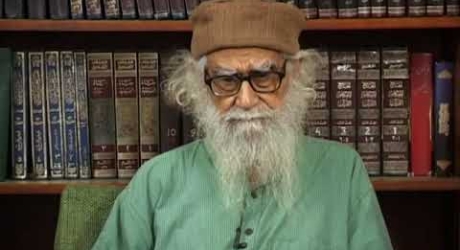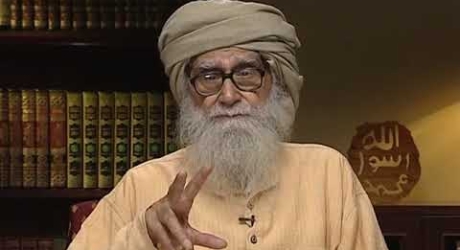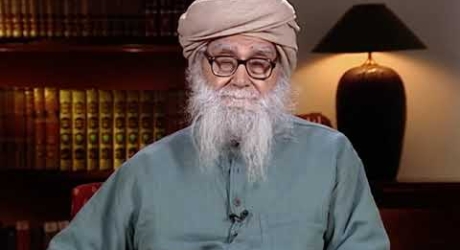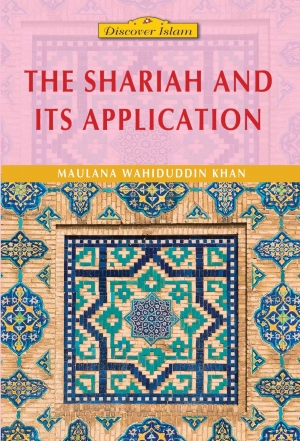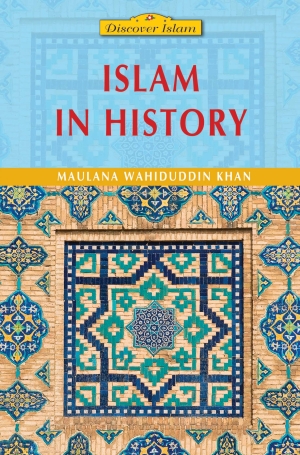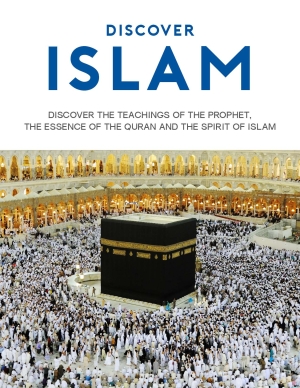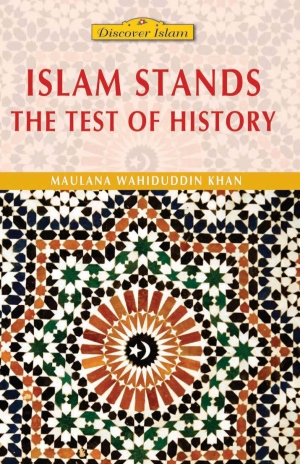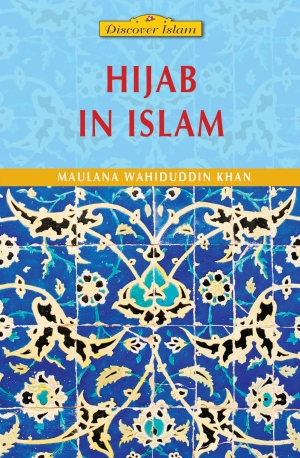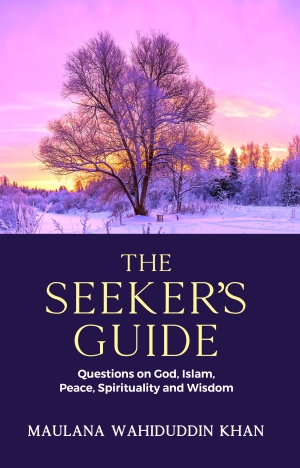If you want to know what is Islam, you must look to its sources: The Quran and the Sunnah. It presents Islam as it is, drawing on its sources rather than judging it by later interpretations and commentaries or the practices of present-day Muslims in different parts of the world. A distinction is made between Islam as presented by the Prophet Muhammad and his companions (information about which is available to us in the Quran and the sunnah) and Islam as represented by later Muslim generations — both in theory and practice. This is what we call the scientific approach.
Unfortunately, a section of Muslims is engaged in violent and aggressive activities, wrongfully indeed, in the name of Islam. These violent activities of the Muslims reach the people through the media. As modern media is a “hot news”-based industry, these violent events are flashed in the media. For this reason, people come to regard Islam as a religion of violence. It is only among Muslims that all violent activities are carried out in the name of religion. Such news has a significant impact on the general public through the media and creates serious misunderstandings. People have come to take Islam as a militant religion. Since modern man is searching for peace, he finds no appeal in a religion that is one of hatred and violence as presented by the media.
There is a verse in the Quran: “God calls man to the home of peace.” (The Quran, 10:25) According to this Quranic verse, Islam aims to establish a peaceful society. In Islam, peace is the ‘summum bonum’. Peace is the essential condition for every kind of progress. Without peace, there is no development at all, religious or secular.
Featured Articles
Featured Videos
FAQs
Islam is an ideology. The true of Islam can be found in its original sources—Quran, the word of God, and the Sunnah, the sayings and actions of the Prophet Muhammad. To study Islam in an objective manner, it is imperative that a distinction must be made between the source of Islam and the practice of Muslims. Today, there are many misconceptions prevalent about Islam and we must take an objective view of each misconception judging them in the light of original Islamic sources rather than by the conduct of Muslims to reveal the true face of Islam. Using this approach, I have understood the true face of Islam, and given it in my literature and talks. People can refer to this material to understand Islam for themselves.
If people want to study Islam on their own, the following is a concise yet comprehensive course of study that people can follow:
1. The Quran
2. Biography of the Prophet by Ibn Kathir
3. Mishkat al-Masabih, a book of Hadith
4. Lives of the Prophet’s Companions by Muhammad Yusuf Kandhalvi
These are well-known and readily available books. Though originally written in Arabic, they have been translated into and published in several languages. They can be acquired and read in the language of one’s choice.
Source: Spirit of Islam September 2019
The reason that Islam is often considered a religion that sanctions violence is because it is studied with reference to terrorist activities with the label of Islam to support their unislamic violent ideology; while earlier it used to be studied with reference to its original sources: the Quran and Sunnah. To understand the true face of Islam we have to make a proper distinction between Islam as enshrined in its original sources, and the politically motivated ‘Islamic terrorism’.
The terrorists have concocted a wrong interpretation of the Quran; this interpretation has it that the killing of non-Muslims whom they refer to as Kafirs is an act of worship and guarantee of entry into Paradise. The movement of the terrorists is a movement against humanity. To put an end to this movement, what is required is to bring about a de-conditioning of its adherents. This can be done only by meeting them on an intellectual level and impressing upon them the true and positive picture of Islam based on the ideology of peace rather than on their deceitful ideology of violence.
Islam is a religion of peace in the complete sense of the word. To understand the Islamic position on self-styled jihadi terrorist movements, I would suggest you read my book ‘The Age of Peace,’ which attempts to examine how these movements stand in relation to the Islamic ideology based on the Quran and the Hadith—the original sources of Islam. This book may be regarded as a study of Islam with reference to terrorism, or, conversely, as a study of terrorism with reference to Islam.
Source: The Age of Peace
This is not true. Referring to certain verses of the Quran, there are some who attempt to give the impression that Islam is a religion of war and violence. This is totally untrue. Such verses relate to a specific situation and are meant in a restricted sense; they are not of general applicability. Observe the following verse:
And fight in God’s cause against those who wage war against you, but do not commit aggression—for surely God does not love aggressors. Slay them wherever you find them [those who fight against you]. (Quran 2:190-91)
Fight them until there is no more fitna [religious persecution] and religion belongs to God alone. If the desist, then let there be no hostility, except towards aggressors. (Quran 2:193)
The above verses do not convey the general command of Islam. The truth of the matter is that the Quran was not revealed in the complete form in which it exists today. It was revealed from time to time, according to the circumstances, over a period of 23 years. If this is divided into years of war and peace, the period of peace amounts to 20 years, while that of war amounts only to 3 years. The revelations during these 20 peaceful years consisted of the peaceful teachings of Islam as are conveyed in the verses regarding the realization of God, worship, morality, piety, justice, etc.
In 13 years of Makkan period, the Prophet completely avoided conflict and killing. And migration to Madina, after giving up the native land, was also a kind of avoiding violence and that was super avoidance of violence. When the Prophet of Islam emigrated from Makkah to Madinah, his opponents became aggressive towards him. But the Prophet always averted their attacks by the exercise of patience and the strategy of avoidance. However, on certain occasions no other options existed, save that of retaliation. Therefore, he had to engage in defensive battle on certain occasions. It was these circumstances which occasioned the revelations relating to war. These commands, being specific to certain circumstances, had no general application. They were not meant to be valid for all time to come. That is why the permanent status of the Prophet has been termed: ‘a mercy to all mankind’. (Quran 21:107)
In principle, the Quran teaches peace and complete freedom of thought and religion, and does not, to any extent, advocate for the killing of people due to differences of ideology.
Source: The Seeker’s Guide
In Islam, the Prophet Jesus and the Prophet Muhammad have an equal position in terms of respect. Both were sent as a mercy to mankind, to guide them to the right path and to spirituality. The Quran says:
“Say, ‘We believe in God and in what has been sent down to us and to Abraham, Ishmael, Isaac, Jacob and the Tribes. We believe in what has been given to Moses, Jesus and the prophets from their Lord. We make no distinction between any of them. It is to Him that we have surrendered ourselves.’” (3:84)
Source: The Seeker’s Guide


